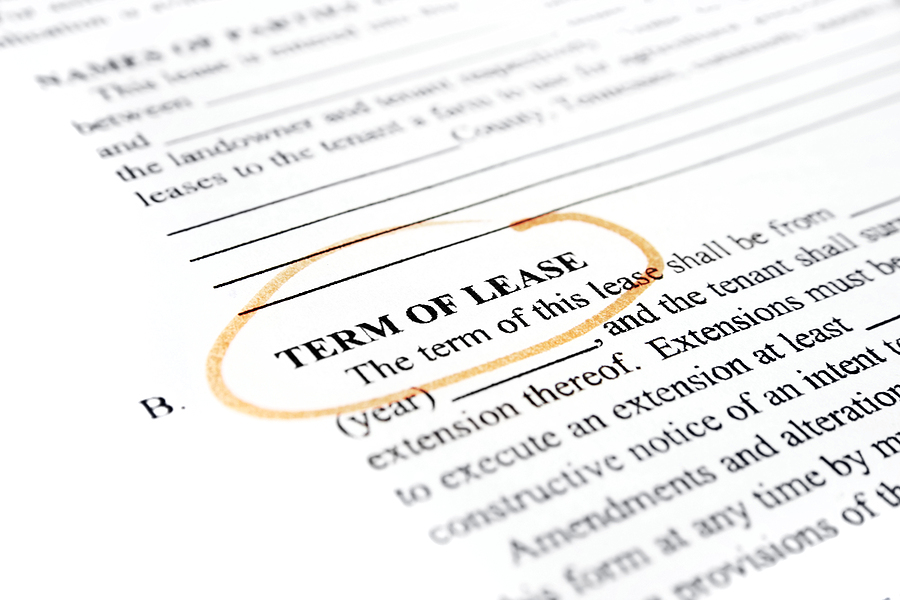Responsible tenants are the landlord’s white whale. Finding them is your goal, but it can leave you feeling like Captain Ahab lost at sea.
Tenant screening is your compass. It helps you get through the waves to find your target.
Read on to learn how to screen tenants for your rental property.
Set and Advertise Your Criteria
Table of Contents
Set basic criteria before you begin screening tenants. What minimum credit score will you accept? What do you want to see in their background? Do you allow pets or smoking?
Make them clear, flexible, and reasonable for the area. Put them in listings, applications, and ads for the property. It pre-screens applicants, saving time and money.
Know the Law
Landlords can set any criteria they want if they meet all applicable laws. The most far-reaching regulation is the federal Fair Housing Act. It prohibits landlords from refusing housing based on protected categories such as:
- Race
- Color
- Sex
- Religion
- Disability
- National origin
- Familial status
You also can’t evict tenants based on these characteristics.
Check your local and state laws as well. They may set additional protected categories or limits.
Run and Verify Checks
Every landlord wants reliable tenants, so they need reliable professionals to perform all the necessary checks. These could include an:
- Identity check
- Rental credit check
- Employment history
- Criminal background check
Get consent first, then compare the information with your minimum criteria. Verify it by reaching out to other sources such as past employers, references, or landlords. Consider each applicant on a case-by-case basis.
Conduct Interviews
Tenant screening reports aren’t the only way to get information about potential applicants. Speak to them directly or over the phone.
One essential part of knowing how to screen tenants for your rental property is knowing what you can and can’t ask.
When and why are you moving? How long do you plan to stay? Do you have any pets or roommates? Do you smoke? These are all valid questions.
Do you have any medical conditions or disabilities? What’s your sexual orientation or gender identity? These are questions related to protected classes, and you can’t ask them.
Make Your Final Decision
Choosing tenants becomes easier when you focus on ones that meet your original criteria and make it through checks. If there are multiple quality options, go with the first ones that apply.
18% of landlords reject over 75% of their applications. Valid reasons to turn a tenant down include:
- Unverifiable or minimal work history
- Income that doesn’t match the monthly rent
- Low credit score
- Repeated evictions, property damage, or lack of on-time rent payments
- Criminal history that makes them a danger to themselves or others
Denying an applicant after screening is known as an “adverse action.” The Federal Trade Commission’s Fair Reporting Act says you must send them an adverse action letter. It tells them what your checks found and provides an opportunity to dispute them.
Where Can I Learn More About How to Screen Tenants for My Rental Property?
Learning how to screen tenants for your rental property ensures that you find the most reliable and responsible ones. Use legal minimum criteria, background checks, and personal interviews to help you choose.
Read the rest of our content for more tips on getting things as incredible as a great tenant.
Image Source: BigStockPhoto.com (Licensed)
Related Categories: Real Estate, Reviews







